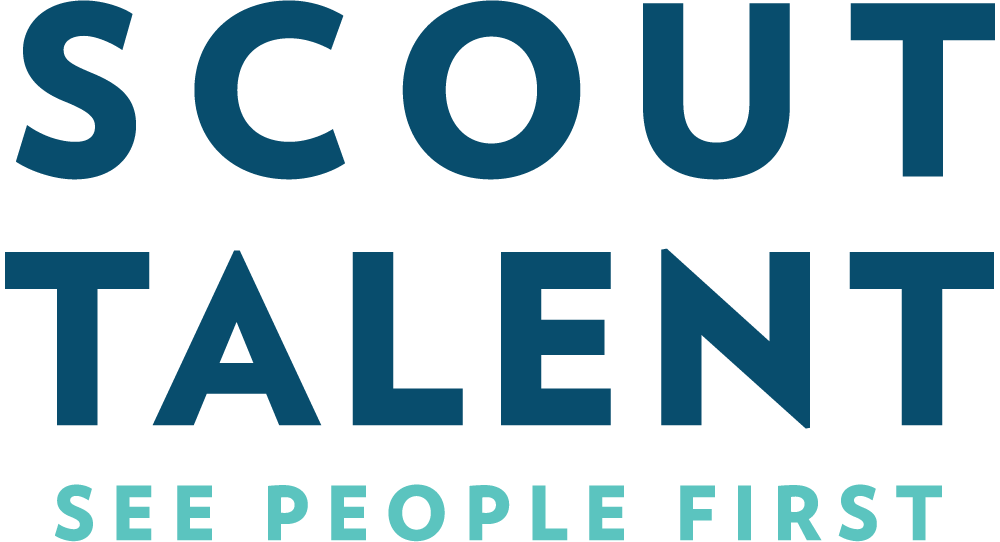A resignation boom may be on the horizon. Here’s what employers can do to prepare, and how to bounce back if you’ve already been affected.
If you’re on LinkedIn, chances are you’ve heard of the term ‘The Great Resignation’. This term refers to the increase in resignations that employers are expecting as the Covid-19 pandemic slows down.
According to Anthony Klotz, an associate professor of management at Texas A&M, during an interview with Bloomberg, “When there’s uncertainty, people tend to stay put, so there are pent-up resignations that didn’t happen over the past year. The numbers are multiplied, he says, by the many pandemic-related epiphanies—about family time, remote work, commuting, passion projects, life, and death, and what it all means—that can make people turn their back on the 9-to-5 office grind.”
As an employer, what can you do to avoid ‘The Great Resignation’?
Remote Work Needs to Be An Option
- Employees have gotten used to the home comforts associated with remote work. Not having the option to work remotely post-pandemic may make your employees consider changing jobs. In fact, a study done by Robert Half states that 1 in 3 employees who are currently working from home would look for a new job if they were required to return to the office.
- However, employers might be hesitant to allow all employees to continue to work with such freedom. Consider letting employees work remotely as a reward for consistent performance.
Make Flexibility A Priority
- A job that’s flexible allows employees to have a greater work-life balance. A level of flexibility at work has come to be expected by employees as part of our ‘new normal’. Thinking about going back to strict 9-5 works hours? Think again.
- Wanting flexibility is nothing new. In fact, even before the pandemic, flexibility was important to employees. According to research done by Gallup, a global analytics firm, 54% of office workers say they’d leave their job for one that offers flexible work time.
- Consider a compromise: establish set times that an employee must be available, and allow them to schedule the remainder of their time around their lives.
Learning Opportunities Will Retain Talent
- Employee Learning and Development may be low on your list of priorities with budgets being cut due to the pandemic – but it shouldn’t be. A sure-fire way to increase engagement? Empower your employees with opportunities to upskill. A focus on L&D as a pillar of your Employer Brand can do wonders in attracting and retaining talent.
- Now that in-person education is limited, consider an online Learning Management System (LMS). Scout Talent’s LMS, :Learning, gives you access to an intuitive platform to manage employee learning, as well as access to over 18,000 courses.
So, You’ve Already Been Affected by ‘The Great Resignation?
Making a bad hire is costly. Here’s how you can make the recruitment process as stress-free as possible.
Use An Applicant Tracking System (ATS).
- A disorganised recruitment process can badly impact your Employer Brand and make candidates re-think working for you. An ATS can make the recruitment process a whole lot smoother.
- Scout Talent’s affordable ATS :Recruit</i > was built by recruiters for recruiters. This affordable software platform can help you manage your recruitment, easily screen candidates and communicate with candidates and your team with ease.
Let The Experts Take Over
- An increase in recruitment activities may leave you feeling overwhelmed. Scout Talent offers affordable recruitment services including Recruitment Marketing, candidate attraction, shortlisting and selection and Employer Branding.
To get regular information that adds value to your business, sign up to receive Scout Talent email updates. We promise to only send you information that you’ll find useful.











